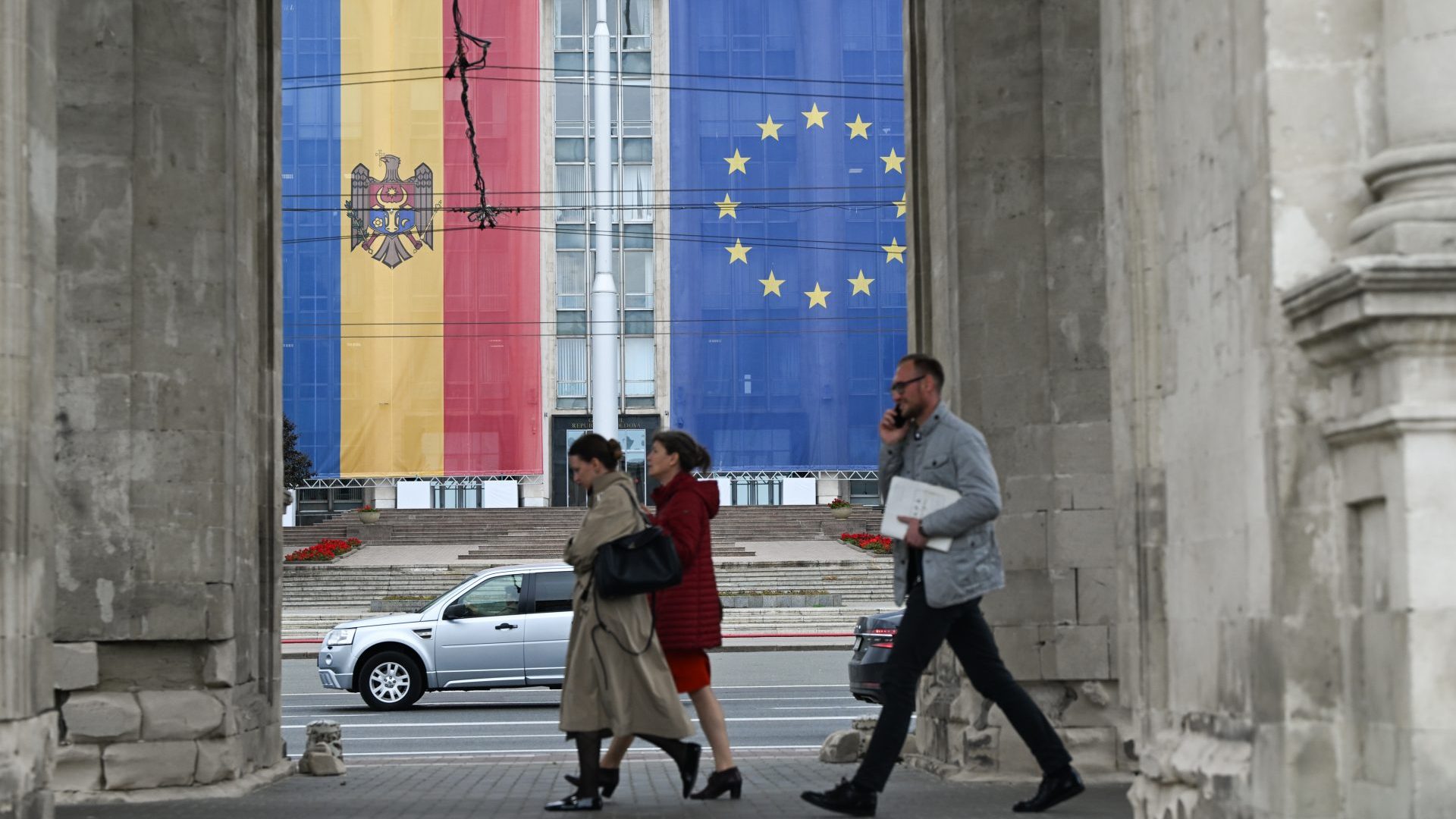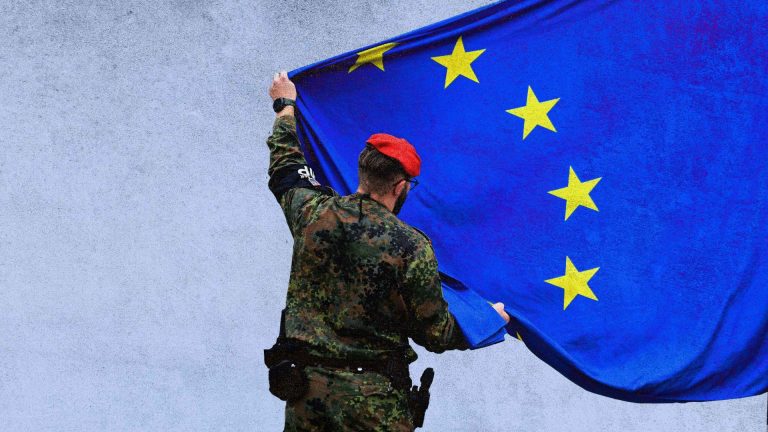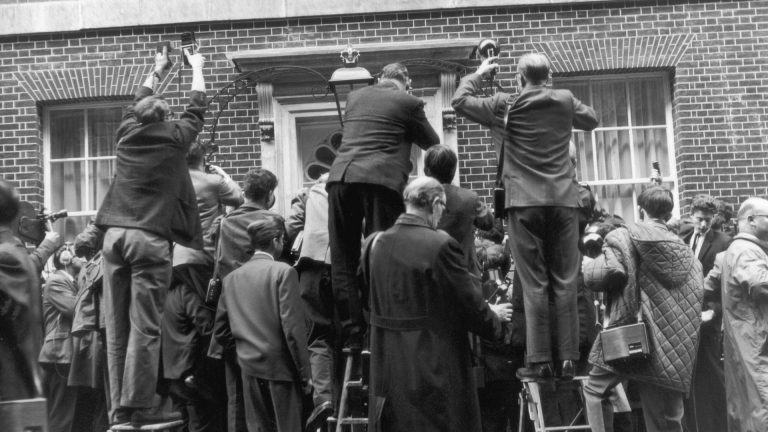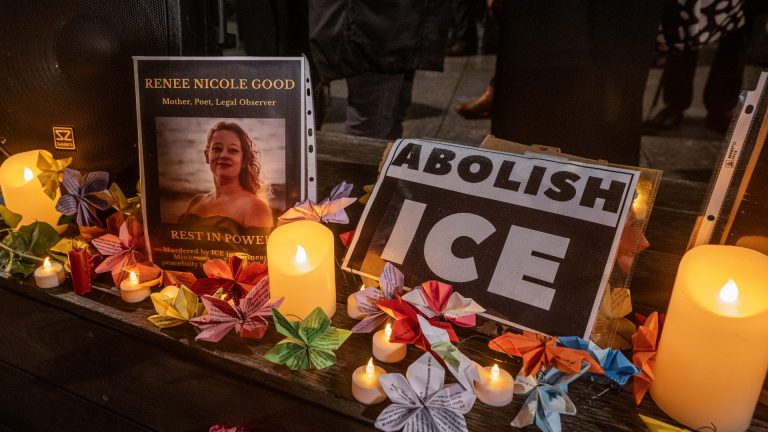To call it a “Russian influence operation” scarcely does it justice. The Kremlin smothered tiny Moldova (population 2.4 million) with every means of subversion available. The parliamentary election of September 28 was the third critical vote in 12 months, after a presidential election and EU membership referendum last autumn. For a third time in a row, the Russians failed to achieve their desired outcome.
It was not for want of trying. Moscow is thought to have spent at least €100m (£87m) on support for nostalgic populists and voter manipulation. Its efforts included handing out pre-paid debit cards linked to Russian bank accounts and sending Orthodox priests across the border with bags of cash. A corps of Moldovans were provided “combat training” in Serbia, in what is likely to have been a Russian intelligence operation.
It is not a new tactic. Back in 2023, Russia tried to infiltrate burly men disguised as competitors into the European kickboxing championships in Moldova to provoke disorder. At all three elections, bomb threats were phoned into polling stations. They have been accompanied by bizarre propaganda often spread by channels on the Telegram social network, that warned of attacks on traditional values if Moldova got closer to the EU, including the claim that the EU would ban traditional Moldovan funerals.
Stories circulated through a fake website masquerading as Ok! magazine, asserting that president Maia Sandu had bought $400,000 worth of sperm from a series of gay celebrities including Ricky Martin, Elton John, and Neil Patrick Harris, an actor who once played the lead role in the queer comic musical Hedwig and the Angry Inch.
And still, several hundred Russian troops still occupy the semi-independent statelet of Transnistria, that runs along the country’s border with Ukraine, and which Russia seized as the Soviet Union collapsed.
Suggested Reading
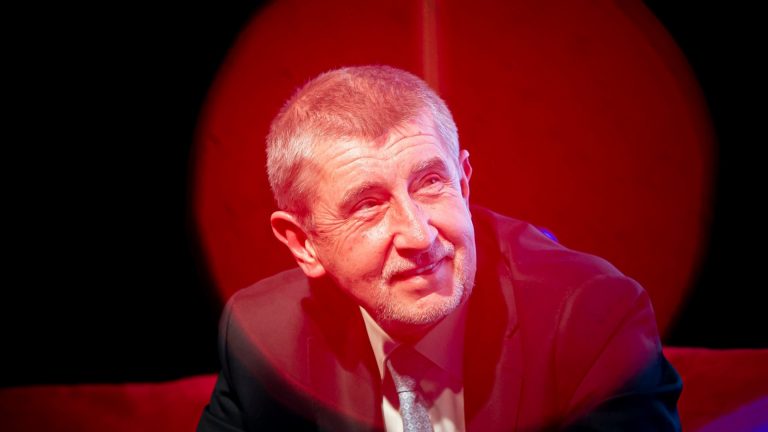
The Trumpist on course to win in Czechia
At this year’s election, pro-Russians hoped to capitalise on disillusionment with Sandu, whose time in office has coincided with rising inflation. They even set up fake pro-European parties to siphon off some of her vote. One of these, Alternativa, betrayed its true colours when it complained about the allocation of polling stations for Moldova’s diaspora: why weren’t there more polling stations in Russia, it asked?
Sandu was stuck with the classic militant democrat’s dilemma. Democracies allow the people to change their governments, but what happens when the new government would use democratic freedoms to turn the country into a Russian puppet state, as has happened in Georgia?
Sandu’s government took the threat seriously. She began by defining the contest as about the kind of country Moldova wanted to be. Should it modernise and build a stable democracy under the rule of law in the European Union – or should it return to corrupt post-soviet crony capitalism? Even though Moldova, like virtually all post-communist states, has a minority that looks back to communist rule with some nostalgia, Sandu chose to rally her country against it, and in favour of forward-looking, western democracy. The more traditional anti-western parties made drawing the distinction easy: one even has the hammer and sickle as its logo.
Helped by considerable technical assistance from the west, the Moldovan security services uncovered coup plots, illegal campaign financing, and outright vote buying (police uncovered 130,000 cases in elections last year). This crystallised the nature of the political battle in Moldova. Far from an ordinary election, it was a contest between people trying to destroy the fledgeling Moldovan state and a political movement trying to build it. The contrast is made particularly clear by the fact that the state’s enemies are unusually unscrupulous and the state-builders exceptionally serious.
Most importantly, Sandu stuck to her guns and campaigned for an overall majority for her Party of Action and Solidarity. PAS rejected compromises with oligarchs, parties masquerading as pro-EU, and pro-Romanian nationalists. She built its electoral coalition as a coherent set of values rather than an agglomeration of different interest groups held together by power and patronage.
She did not try to buy off the nostalgic populists by watering down her mission of building a Moldova able to integrate fully with the West. She has had the discipline to stick to the state-building path: she did not, for example, try to abolish the anti-corruption authorities, as Zelenskyy recklessly tried in July. And she did not flinch from defining her enemy and using the full force of the law to block the anti-democratic parts of its operation.
Sandu showed how, even with a country 70 times the size of your own tilting the scales against you, nostalgic populism can be beaten.

